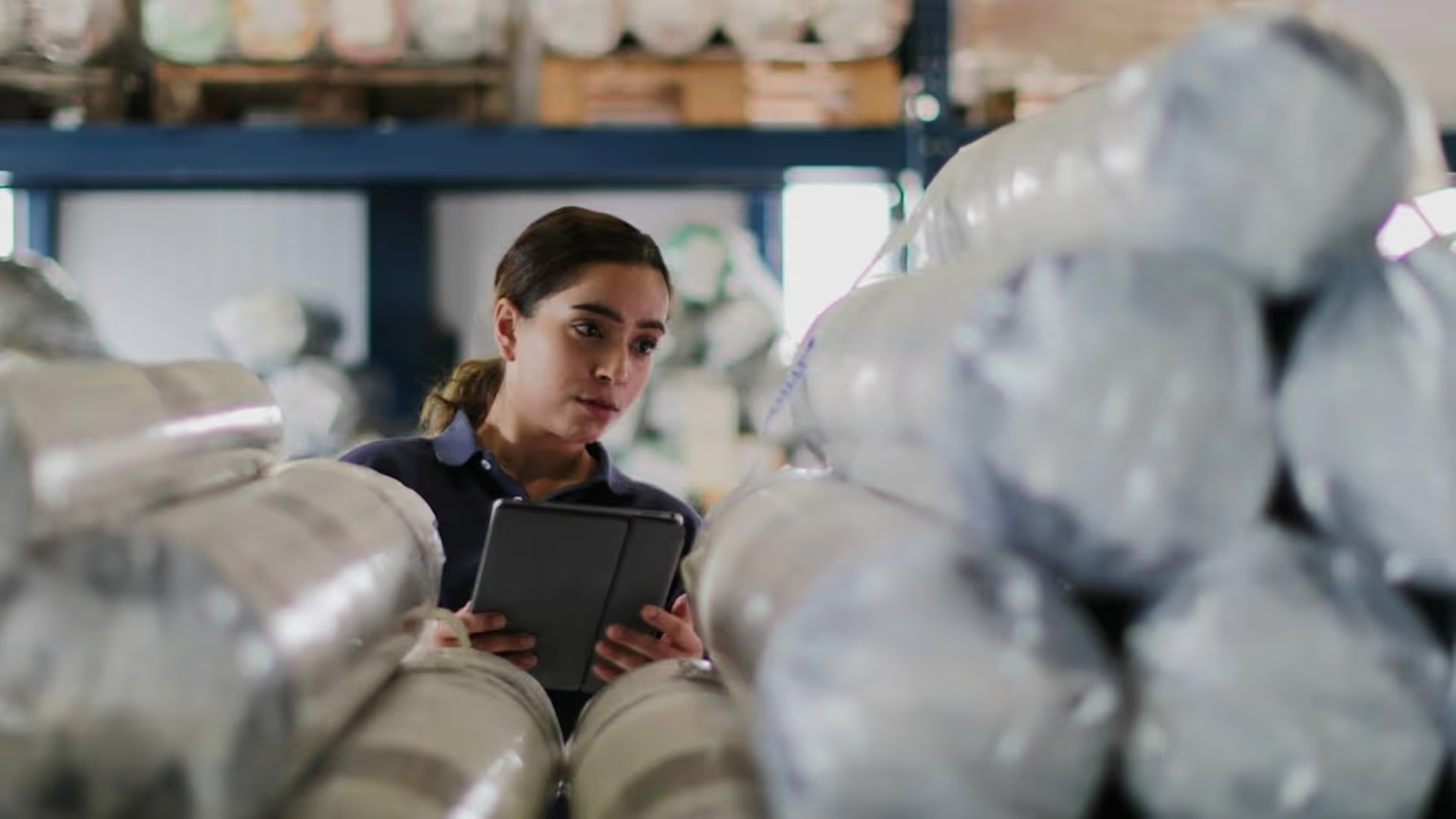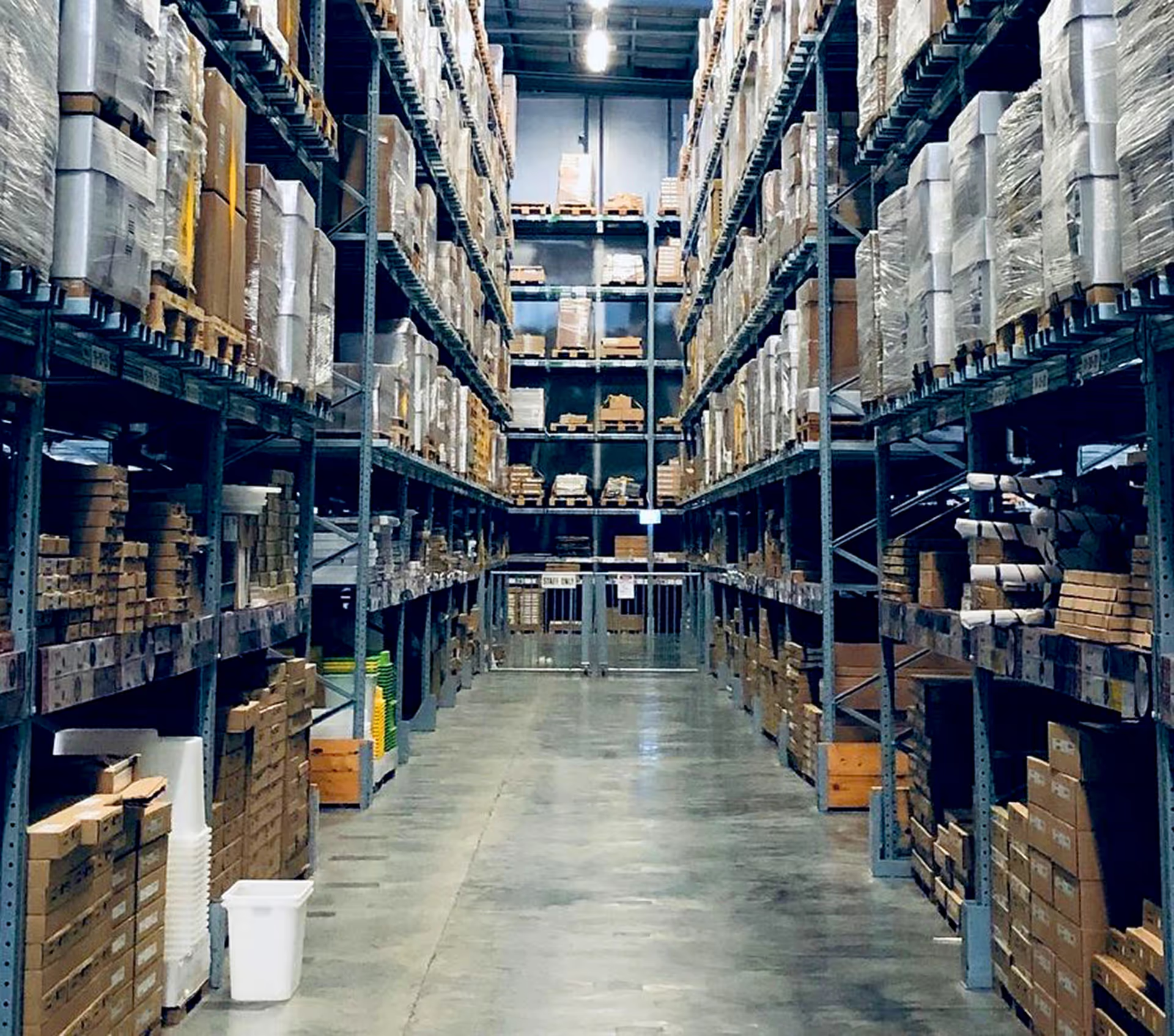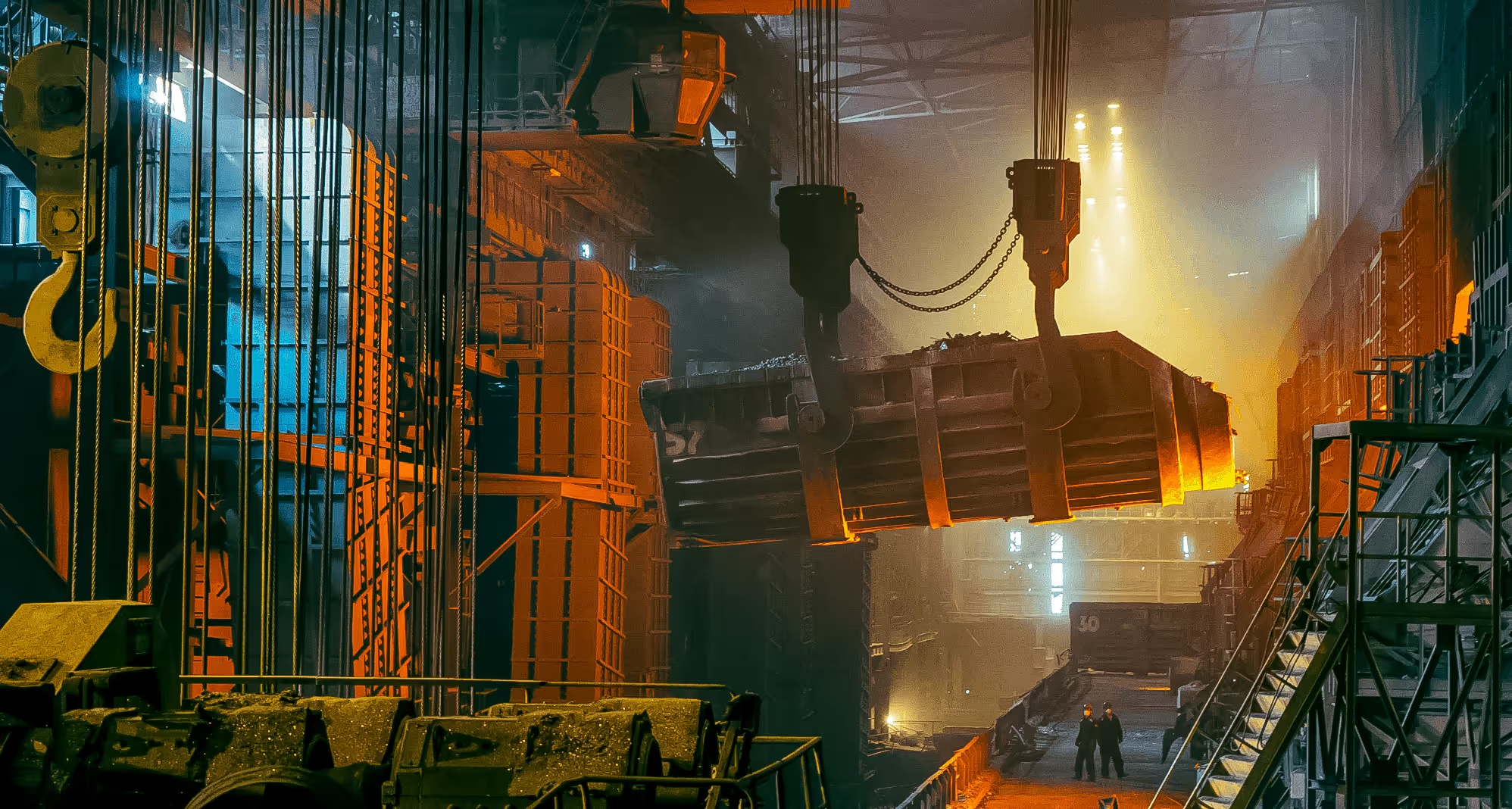Dropshipping Agent vs. Sourcing Agent
By now, most businesses understand that sourcing products from China can be a cost-effective way to scale their businesses and increase their profit margins. However, exactly how to do that is much easier said than done. There’s a lot that can go wrong when an inexperienced business looks for a China-based supplier, which is why many businesses seek help from a 3rd party.
However, when businesses begin to look for help, there is often confusion about the specialist or agents that can help. In particular, we see a lot of confuson about the difference between a dropshipping agent and a sourcing agent. While they may seem similar on the service, there are enormous differences between the two agents and the services they provide.
In this article, we’ll talk about what dropshipping and bulk ordering are, how the services offer by dropshipping agents and sourcing agents differ, and how to choose between the two services for your business.
What Is Dropshipping?
Dropshipping is a specific kind of order fulfillment that essentially cuts out the need for warehousing or storing inventory. When a customer orders a product from an online store that uses dropshipping, the online store doesn’t actually fulfill the order. Instead, the online store passes the order to their supplier or wholesaler, who will then fulfill and ship the order directly to the customer.
With dropshipping, the online store acts as a middleman between the consumer and the factory. In fact, the online store doesn’t even hold inventory. They just pass the order to their supplier, who handles packaging and direct-to-customer shipping.
What Is a Dropshipping Agent?
A dropshipping agent helps dropshipping storesto acquire products, particularly for stores that are looking to grow. One of the drawbacks of a dropshipping store is that they are very difficult to scale profitably. The profit margins are notoriously slim because the price per unit on inventory is high (because you’re not buying in bulk).
When a dropshipping store determines that theyhave a winning product (or multiple winning products across multiple brands),they often look to a dropshipping agent to being to reliably scale.
What Does a Dropshipping Agent Do?
Now that we know what a dropshipping agent is, we can talk about what it is they actually do. Without an agent, it’s up to the online store to find a supplier who will fulfill customer orders.
The dropshipping agent will research suppliers for the ecommerce store and will choose a factory that’s the best fit. Then, the agent will provide a quote for products, and if you agree, they will begin to fulfill customer orders.
Dropshipping agents may offer some warehousing services or some kind of storage for inventory, which is different than pure dropshipping. This is done because it helps to get a better price per unit(though keep in mind you’ll be paying an inflated price for product by working through a dropshipping agent, anyway).
What Is a Sourcing Agent?
A sourcing agent assists businesses in placing, shipping, and receiving bulk order shipments. While similar to a dropshipping agent, a sourcing agent provides more in-depth services to a larger variety of businesses. It’s also notable to point out that sourcing agents don’t provide dropshipping services. Instead, they help businesses with bulk ordering or partner with a third-party fulfillment service.
What Does a Sourcing Agent Do?
When a sourcing agent is chosen, they’ll determine what a business specifically needs sourced. This could be products that a business intends to sell to consumers, products they intend to sell toother businesses, or items that are necessary for a business to function (like boxes or packaging).
The sourcing agent will begin an extensive search for the right supplier, usually starting with a list of around 20candidates and whittling them down to a few factories that are a great fit for their client. Then, the sourcing agent will supervise a sampling process, which will help them determine that a supplier is capable of making a product and meeting quality standards.
Once a supplier is chosen, manufacturing begins. The sourcing agent will supervise production, generally in person, to ensure that quality control protocols are being followed. They will also address any concerns the supplier may have, and they will troubleshoot any problems that arise during the production process.
When products are finished, the sourcing agent will make sure they are packed correctly and will supervise shipment from the factory to either temporary storage or to the shipping freight (usually sea freight, but sometimes airfreight). The agent will have already reserved a shipping container for the order, and they will ensure that needed export documents are present so the order can ship without issue.
During bulk shipments, the sourcing agent will monitor shipment, which is particularly important when sea freight is used. The agent will also gather all necessary documents needed to clear customs and will help troubleshoot customs issues, should they arise. When the order clears customs, the agent will help to ensure that products are loaded onto domestic freight, and then to the final destination of the shipment.
Depending on which sourcing agent you use, specific services may vary, though good signs of a high-quality sourcing agent include:
- The ability to offer consolidated shipping
- Being able to find high-quality suppliers that specialize in specific industries
- Assistance with branding, private labeling, and custom packaging
- Clear, easily understood, and consistent communication, especially when responding to questions or concerns
- Available references
- Demonstrative experience in your particular industry
Sourcing Agents and Fulfillment Services
It’s possible to work with a sourcing agent and not participate in freight shipping. Instead, you may decide to work with a fulfillment service close to your chosen supplier to ship order directly to customers. It looks a little differently, though some businesses may prefer this model:
- First, the sourcing agent will find the best supplier for a client and will supervise production.
- Then, the sourcing agent will help ship products from the factory to a fulfillment warehouse instead of temporary storage or a shipping container.
- Once in the fulfillment warehouse, orders are shipped directly to customers as orders are placed.
In this model, there’s no freight shipping and no customs clearance. While this kind of sourcing and fulfillment won’t work for all businesses (especially if you’re not ordering direct-to-customer products), it’s worth considering if you operate a typical eCommerce store.
What's the Difference Between Dropshipping Agents and Sourcing Agents
Now that we know what dropshipping and sourcing agents do, it’ll be easier to understand the differences between what they offer.

Dropshipping Agents Handle Dropshipping; Sourcing Agents Handle Bulk Ordering
Dropshipping agents, as the name implies, tend to provide dropshipping services. More specifically, they work with businesses that don’t want to buy in bulk, don’t want to use traditional warehousing services, and are planning to ship products directly to consumers.
A sourcing agent will help a business with bulk orders (of any product they need, not necessarily direct-to-consumer products). This could be to fill a local warehouse for local fulfillment, or materials that a business needs to function (that won’t necessarily be consumer-facing).
Dropshipping Agents Help with Order Fulfillment; Sourcing Agents Do Not
A huge part of dropshipping is direct-to-customer fulfillment. That means a dropshipping agent may be helping you with warehouse management so orders can be sent straight to customers, or they may fulfill customer orders themselves.
Sourcing agents help businesses ship bulk orders from the supplier to the businesses themselves. This could be to domestic warehouses, where businesses plan on fulfilling customer orders, or the shipped products could be other items (like, as we said earlier, boxes, heavy machinery, or other items that help the business function).
If a business already has a warehouse or 3PLthat they’re happy with, a sourcing agent can also coordinate those bulk orders.
Dropshipping Agents Won’t Help Navigate Customs; Sourcing Agents Will
The customs process is different for direct-to-customer fulfillment than bulk ordering. Dropshipping agents will usually help calculate the taxes or duties needing per item (if there are any).
Sourcing agents, however, do help businesses clear customs, since bulk ordering has a far more extensive customs clearance process. They’ll make sure that the proper paperwork is in order, that HTS codes are correct, and will help to solve unexpected problems that may arise in customs (or at least notify businesses what they delay is and why).
Sourcing Agents Often Help Customize Products (or Create Prototypes); Dropshipping Agents Do Not
Sourcing agents not only find suppliers, but they’ll also work with suppliers to customize products or create brand-new products. Sourcing agents will help guide the prototyping process, like getting3D prints of prototypes, helping to make sure the product functions, helping get product molds purchased, and supervising quality control on new or customized items.
Dropshipping agents don’t usually offer this level of service. They aren’t helping stores create or alter products. Instead, they are helping stores find products that are already being manufactured but not widely sold. Some dropshipping agents may help with limited customization, but in general, dropshipping agents aren’t helping create novel products.
Should I use a Dropshipping Agent or a Sourcing Agent?
The choice should be clear. If you are a dropshipper, you should look to a dropshipping agent. If you want to place regular bulk orders, then you should partner with a sourcing agent. The services each respective agent offers are not interchangeable, and you should already know which service your business needs.
However, if you operate a dropshipping business, there may come a time where you want to look to transition from dropshipping to bulk ordering. One of the biggest drawbacks to dropshipping is that manufacturing costs are very high, which makes it difficult to for businesses to scale. Let’s take a closer look at that below.
Problems with Scaling Dropshipping Stores
Incredibly slim profit margins are the main reason it’s hard to successfully scale a dropshipping store. The risk to run a dropshipping store is low (you usually don’t have to front any capital to buy inventory) but that means your supplier can’t rely on steady, consistent orders.
To make up for that risk, suppliers will charge more for dropshipping products, which means you have a lower profit margin. As your operation scales and your costs increase, your profit may not be scaling as hard as your new expenses, which means scaling is problematic.
Bulk ordering switches the burden of risk. Instead of a supplier having to rely on customer orders, they get a guaranteed order from your business, and you assume the risk of having to find customers to buy your products. However, since suppliers can rely on regular, large volume orders, you’ll get far better pricing, which improves profit margins and makes it easier to scale quickly.
Branding Issues
Branding can also be difficult for a dropship store. It’s hard to get a supplier to work with you to customize products when you’re a dropshipper (for the same reasons we listed above). If you can’t make your product unique from a crowded field of competing brands, it’ll be tough to get your product to stand out.
With bulk ordering, you can work directly with suppliers more readily, especially with customizing or creating new products. You’re forming a long-term business relationship with them, so they’ll be more willing to go through the effort and invest in helping you craft products that can help to separate your brand.
How to Find a Sourcing Agent in China
It’s important to take your time and look for a sourcing agent that’s going to be a good fit for your business. However, it can be challenging to find options for sourcing agents at all, so here are a few tips to follow to find some options;
- Google Search: Any reputable sourcing agent will have a website, so Google is a decent place to start.
- Expos or Conferences: Sourcing agents often attend expos and conferences focused on manufacturing or supply chain management.
- Personal Referrals: Finally, if you’re connected with other businesses that source products from China, they likely are already connected with a sourcing agent. Ask your network of connections if they use a sourcing agent and how satisfied they are with the service.
How to Choose a Sourcing Agent
How do you know if a sourcing agent is right for you? For most U.S.-based businesses, the following characteristics are key in finding an ideal sourcing agent:
Physical Presence Near Your Supplier
One if the biggest reasons to use a sourcing agent is that, generally, they have a physical presence near your chosen supplier (for example, Kanary helps businesses source products from China, and we have a physical presence in China for this). A physical presence helps an agent to monitor quality control and quickly respond to issues during production or product transport.
Bilingual Capabilities and Clear Communicators
You will talk to your sourcing agent a lot. That means you need to make sure there are as few barriers to communication as possible, which is why it’s important that your sourcing agent is bilingual. They need to be able to talk to you and your suppliers easily.
The languages necessary will vary depending on where you and your supplier are located. For example, since Kanary specializes in sourcing from China, we are fully bilingual in English and Mandarin.
Pricing Transparency
The more transparent a sourcing agent is with their pricing, the better your experience will be and the higher profit margins you’ll have. A sourcing agent candidate should be afraid to explain fees, and if they try to just hide them in the bill, it should be a red flag that they’re overcharging you.
For example, a sourcing agent may say that they have a commission fee of 5%,but then they’ll charge their clients more per-unit to fluff their profit margin. You should be able to tell if a sourcing agent is being fully transparent with your pretty quickly, so if they’re not, it’s best to move on to a different option.
Overall General Experience
If you can’t find a sourcing agent in your specific industry, the next best thing is finding a sourcing agent with long-term, overall experience helping businesses source products from wherever you specific suppliers are. Even if they haven’t worked in your industry before, they’ll have the experience necessary to find high-quality suppliers and still provide a great experience for your business.
Client References
Good sourcing agents will have references from current or previous clients that will vouch for their services. This will be especially important if you are considering a sourcing agent that doesn’t have much experience, but otherwise appear to be a good match. However, regardless of experience, references are always something you should ask for.
Services Offered
Finally, not all sourcing agents offer the same services. For example, Kanary offers consolidated shipping, which is key to creating huge savings on bulk shipments. Just make sure that your sourcing agent will offer everything you anticipate needing, which could potentially be:
- Branding consultation
- Unique packaging
- Importing and customs assistance
- Prototyping

Kanary as Your Sourcing Agent
If you’re a medium to large sized business, and you’re ready to either start bulk orders or improve your supply chain, Kanary would love to help. We have extensive experience helping business source products, and offer advantages like:
- China-based offices
- Bilingual support
- Consolidated shipping logistics
- Prototyping and product customization
- Customs assistance
- Relationships with high-quality, proven suppliers
Reach out to us, and we’ll see if our services are a good match for your business and what we can do to help your business grow.




.jpg)

.png)



